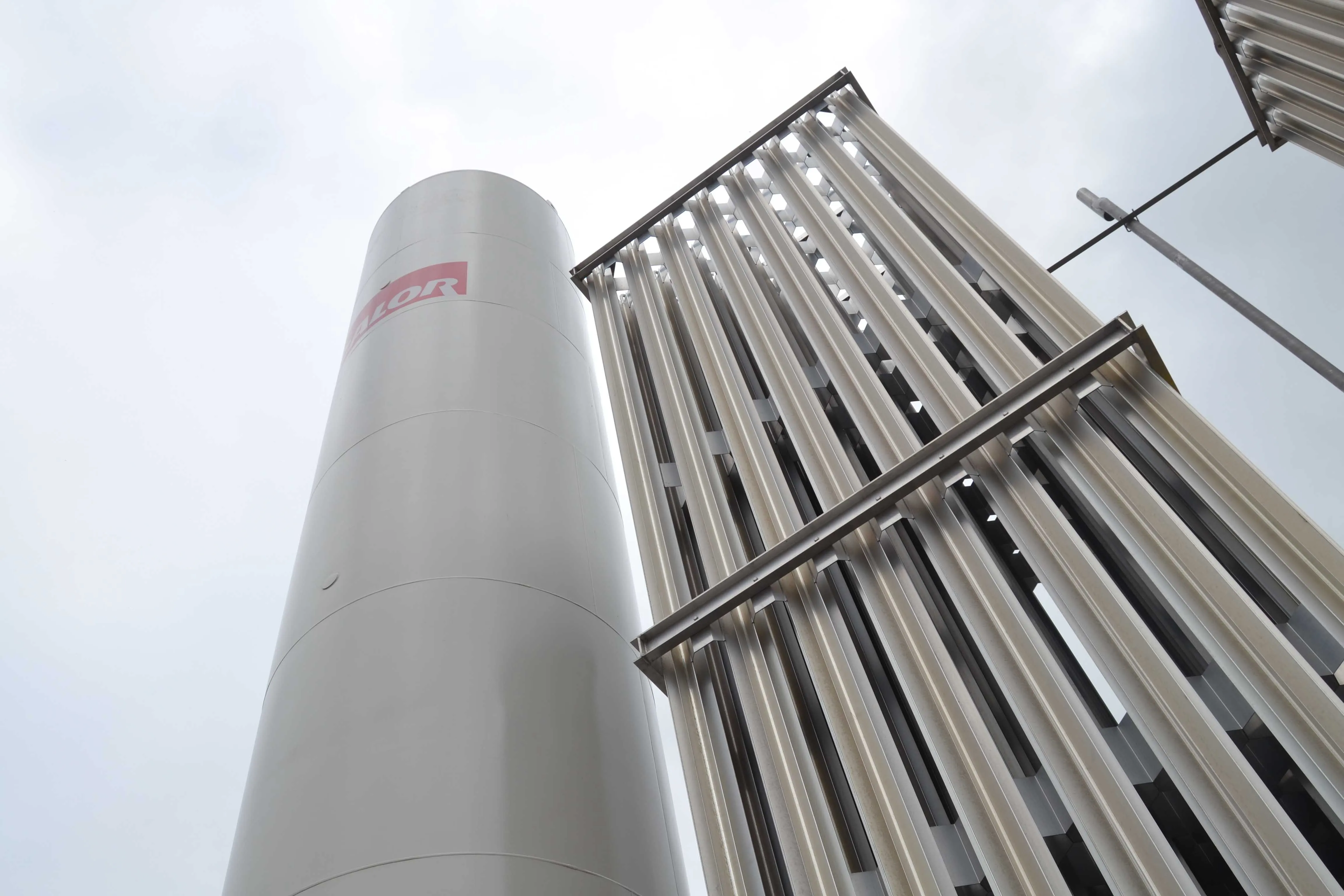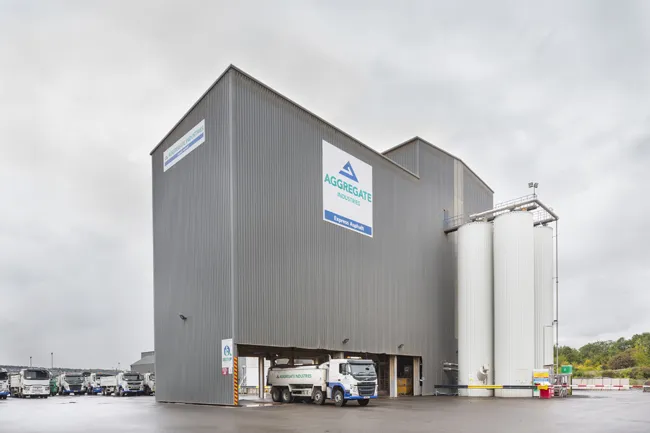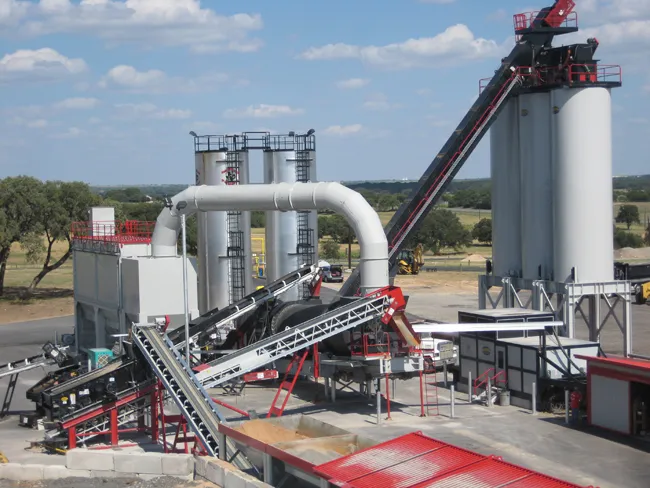Aggregate Industries’ Colemans Quarry site has become the first asphalt plant in the UK to make the switch to LNG, cutting both costs and carbon emissions with the help of Calor.
The site is also only the second in the world, according to Calor, and the gas provider’s first turnkey LNG installation in the UK.
Colemans Quarry, based in Somerset, south-west England, has been supplying the construction industry with building material for more than 60 years. It operates 24/7 and uses large quantities of g
January 4, 2016
Read time: 2 mins

The site is also only the second in the world, according to Calor, and the gas provider’s first turnkey LNG installation in the UK.
Colemans Quarry, based in Somerset, south-west England, has been supplying the construction industry with building material for more than 60 years. It operates 24/7 and uses large quantities of gas to heat and dry the 250,000tonnes of asphalt produced each year.
The site is located off the main gas grid, and until recently the plant’s burners were fuelled with kerosene. After seeing an opportunity to reduce both emissions and fuel bills, Aggregate Industries approached Calor about working together on a new heating solution.
“We were previously using kerosene, but LNG is a more cost-effective product to burn,” said plant manager Simon Evans. It also produces a lot less carbon.
As well as substantially cutting fuel costs, the project has reduced the amount of CO2 emitted per tonne of asphalt produced at the site by 17%. This cuts Aggregate Industries’ annual emissions by 1,800tonnes.








